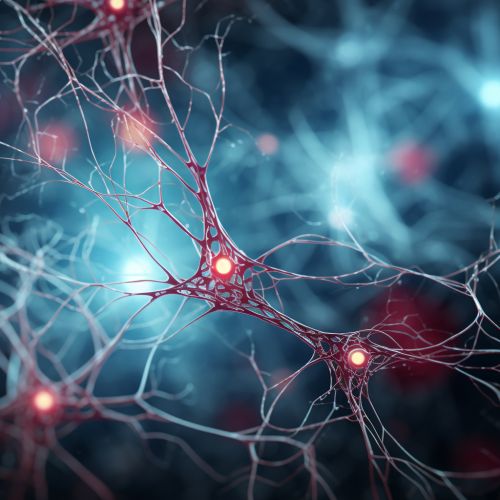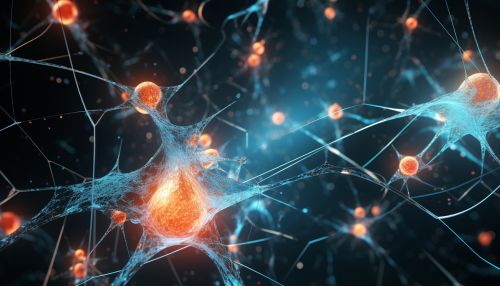Molecular Mechanisms of Memory Formation
Molecular Basis of Memory Formation
Memory formation is a complex process that involves a series of molecular and cellular events. These events include long-term potentiation (LTP), long-term depression (LTD), and changes in gene expression and protein synthesis.
Long-Term Potentiation
Long-term potentiation (LTP) is one of the major cellular mechanisms that underlies learning and memory. LTP is a long-lasting enhancement in signal transmission between two neurons that results from stimulating them synchronously. It is one of several phenomena underlying synaptic plasticity, the ability of chemical synapses to change their strength.


Long-Term Depression
In contrast to LTP, long-term depression (LTD) is a long-lasting decrease in synaptic strength. LTD is induced by a different pattern of synaptic stimulation than LTP, such as low-frequency stimulation. Like LTP, LTD is thought to play a role in memory formation and learning, although its role is less well understood.
Changes in Gene Expression and Protein Synthesis
Memory formation also involves changes in gene expression and protein synthesis. These changes are necessary for the long-term storage of memories. For example, the activation of certain genes leads to the production of proteins that are involved in the growth and strengthening of synaptic connections.
Role of Neurotransmitters
Neurotransmitters play a crucial role in memory formation. These chemicals transmit signals across a synapse, allowing neurons to communicate with each other. Different neurotransmitters have different effects on memory. For example, the neurotransmitter glutamate is involved in LTP, while the neurotransmitter GABA is involved in LTD.
Role of Hormones
Hormones also play a role in memory formation. For example, the stress hormone cortisol has been shown to affect memory consolidation, the process by which short-term memories are transformed into long-term memories. Other hormones, such as insulin, have also been implicated in memory processes.
Memory Disorders
Understanding the molecular mechanisms of memory formation can help us understand memory disorders. For example, Alzheimer's disease, a common form of dementia, is characterized by memory loss and cognitive decline. Research has shown that this disease is associated with changes in synaptic plasticity and neurotransmitter function.
